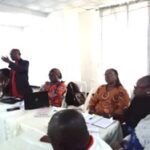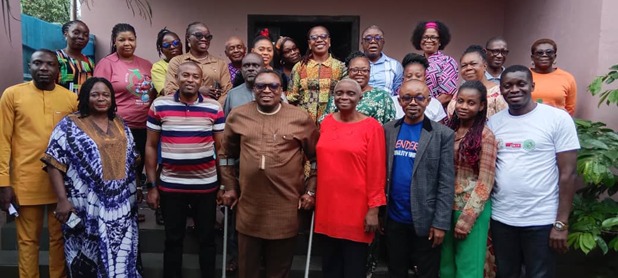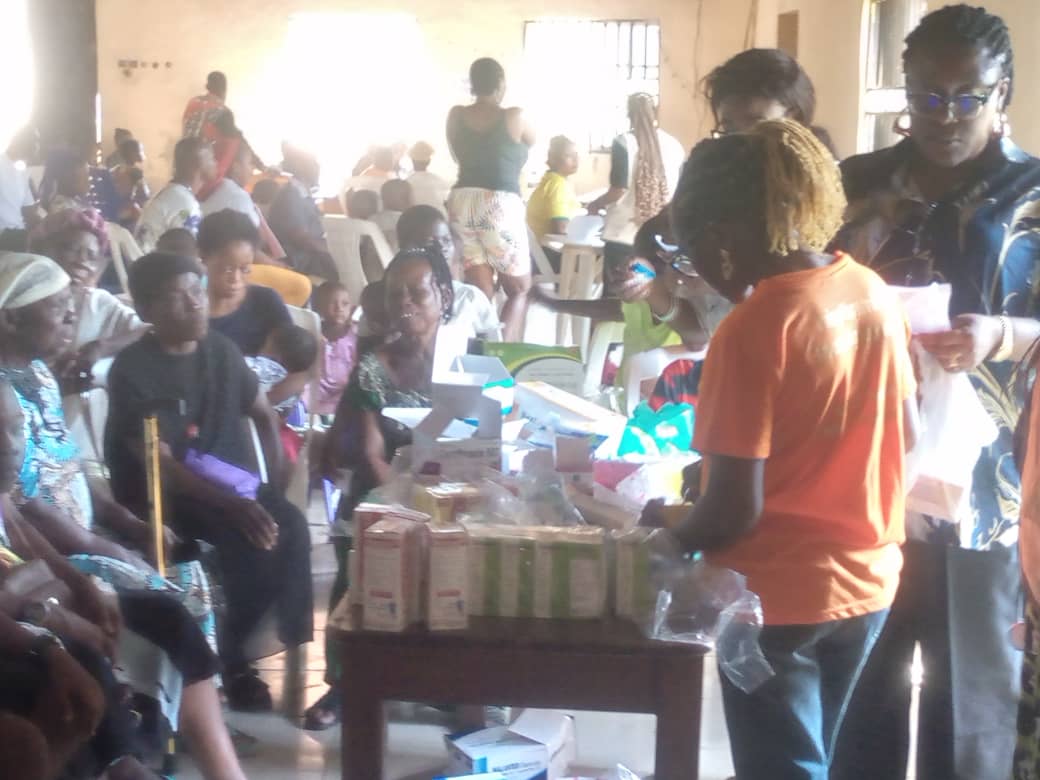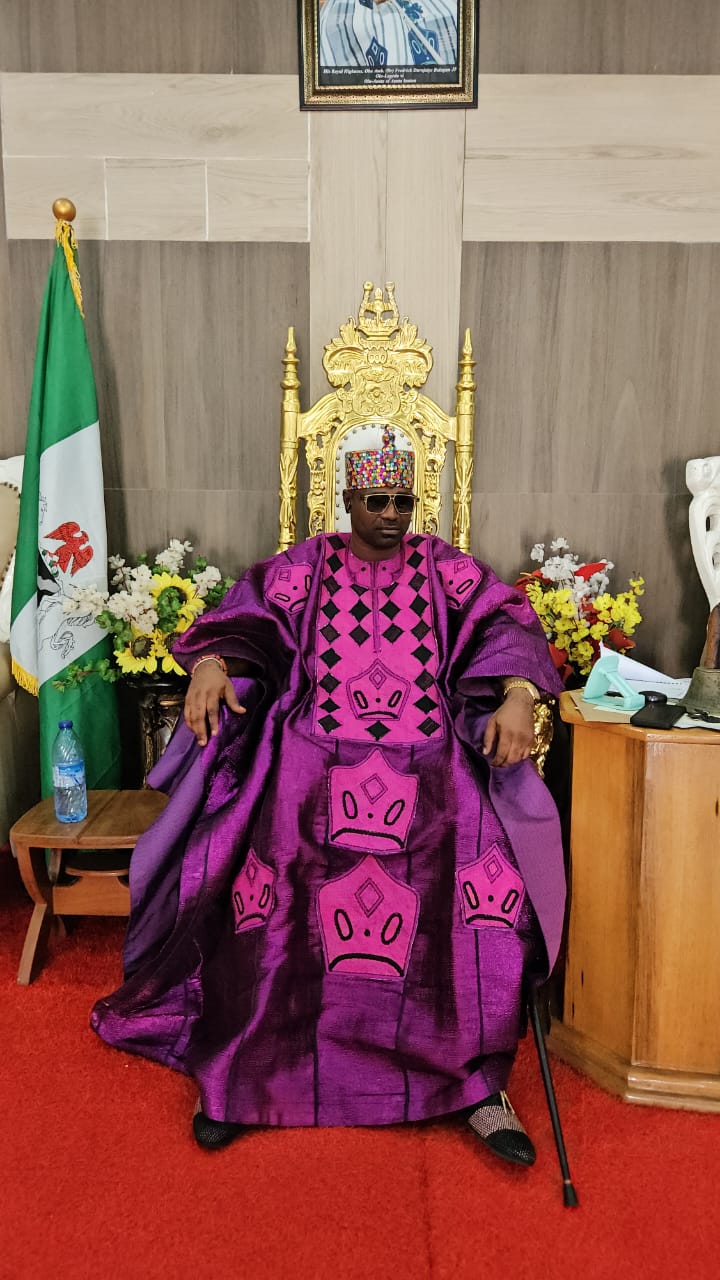By Isaiah Eka
The Network of People Living with HIV/AIDS in Nigeria (NEPWHAN) has reiterated efforts to address pressing public health concerns, including HIV, tuberculosis, malaria, and emerging health threats in Akwa Ibom.
Mrs Elizabeth Udo, Akwa Ibom Coordinator of NEPWHAN said this during a two-day stepdown meeting on the National Community-Led Monitoring (CLM) Plan held in Uyo on Wednesday.
Udo said they had introduced operational modalities under the National Community System Strengthening (NCSS) Framework aimed at enhancing the role of communities in the national health architecture.

She said the document serves as a clear guide for civil society organisations and government agencies to plan, implement, and evaluate interventions that are community-driven and evidence-based.
The NCSS Framework and Community-Led Monitoring initiative collectively promote a health system where communities are not just beneficiaries but active participants in planning, monitoring, and accountability, paving way for improved health outcomes across Nigeria.
She added that the NCSS framework aligns with Nigeria’s commitment to achieving Universal Health Coverage (UHC) and the Sustainable Development Goals (SDGs).
She said that resilient community systems were vital to building a sustainable, inclusive health ecosystem and seeks to provide structured guidance for integrating community voices into healthcare delivery and monitoring.
“The initiative is part of the COVID-19 Resilient and Sustainable Systems for Health (C19-RSSH) project and is designed to close critical healthcare access gaps—particularly among underserved and marginalised populations.
Mr Wisdom Jacob, State Programme Officer for the C19-RSSH project, said that although Nigeria has recorded progress in combating various health challenges, systemic inequities in access to care persist.
“Community-led monitoring offers a unique opportunity to identify and address service delivery gaps by empowering citizens to participate in shaping health services that affect their lives.
“We must ensure that no one is left behind, especially the most vulnerable,” he said.
Mr Godwin Udoh, State Coordinator of the Civil Society in Malaria Control, Immunisation and Nutrition (ACOMIN), described the framework as a crucial tool for development partners and health institutions.





